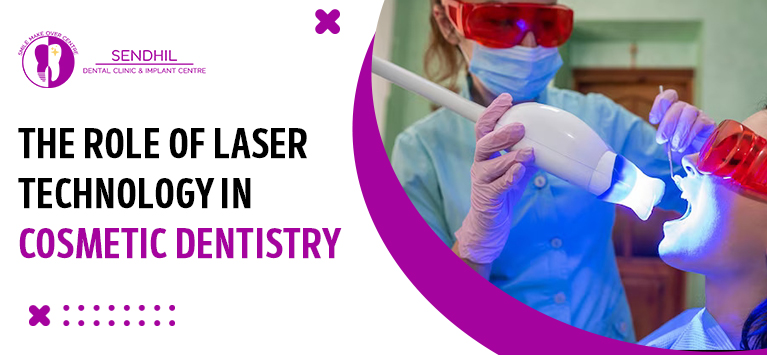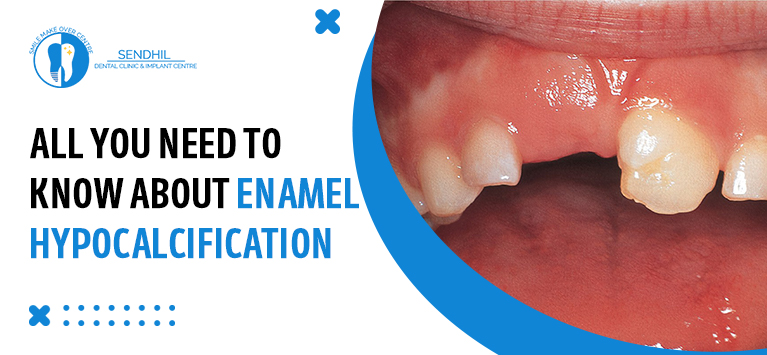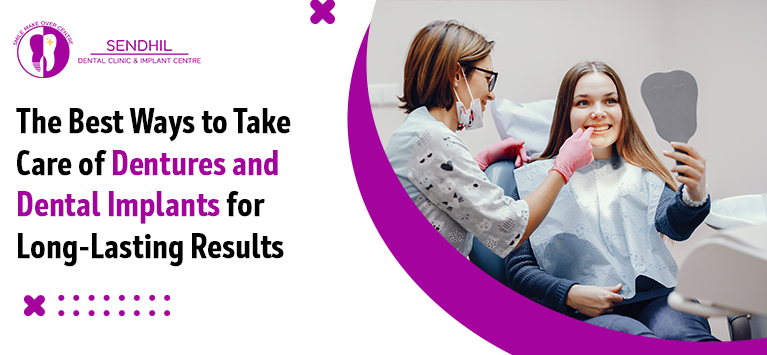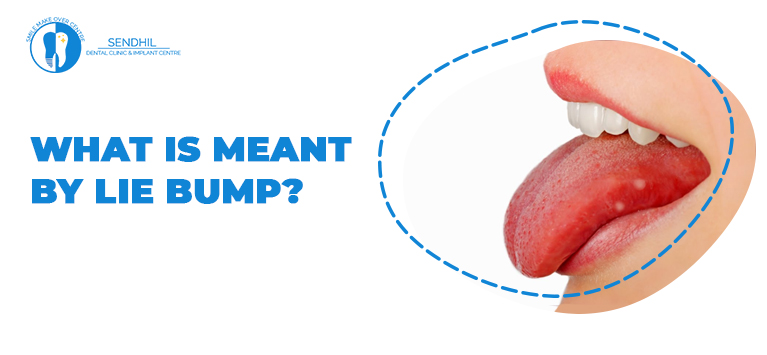Mouth breathing effects on teeth
Breathing through the mouth may seem like a normal and trivial thing but continued mouth breathing can cause severe oral problems if left unchecked. Mouth breathing can happen due to a lot of factors in children and adults, but the foremost is nasal blockage. People suffering from nasal blockage automatically breathes through their mouth while sleeping as the brain is wired to provide oxygen through the only other resort available – the mouth. In addition to abnormal facial hair growth and unregulated sleeping pattern, mouth breathing also causes a variety of oral problems. Below mentioned are a few effects of mouth breathing that everyone should be aware of.
1) Dry mouth
One of the major side effects of mouth breathing is a dry mouth. A dry mouth happens due to the lack of production of saliva. At night time, saliva production decreases. People who breathe through the mouth are in danger of dry mouth. In the absence of saliva, acid producing bacteria thrive breaking down your teeth and causing cavities. Saliva is extremely important in the fight against bacteria and the lack of it allows bacteria to grow and thrive.
2) Bad breath
The absence of saliva is one of the components resulting in bad breath. A reduction in salivary flow favors the growth of proteolytic bacteria and consequently result in the production of volatile sulfur compounds. The intensity of bad breath is significantly associated with the level of volatile sulfur compounds in the oral cavity.
3) Gum disease
Gum disease is a dangerous oral health problem that can create health issues throughout your body including stroke, heart disease, and heart attacks. There is also an increased risk of gingivitis for mouth breathers. Due to the lack of saliva, dry teeth and tissues are at a high risk of decay and becomes a breeding ground for bacteria.
4) Deformation in jawline
Humans are designed to breathe through their noses. So, when they try to breathe out of their mouths, their posture must change in order to keep the airway open. This causes severe developmental problems, especially in children who are prone to mouth breathing. In children, it can lead permanent skeletal deformities. That’s because it promotes the growth of the upper jaw, rather than the lower jaw. Mouth breathing in children can also reduce the growth in the upper jaw and result in dental malocclusion and the need for orthodontic treatment.
5) Crooked Teeth
People who breathe through the mouth may also have more trouble with dental braces and subsequent orthodontic work may be more complicated. A child’s face can even develop differently: flatter and longer facial features, less prominent cheekbones, a smaller or narrower palate. They may also struggle with certain speech sounds or have speech impediments.
Try practicing nose breathing every day. If you find that your nose is frequently congested due to allergies or respiratory infections, it is extremely important to consult a dental doctor to prevent mouth breathing before it becomes a serious issue. Depending on the severity, the doctor will recommend medication and practices.











